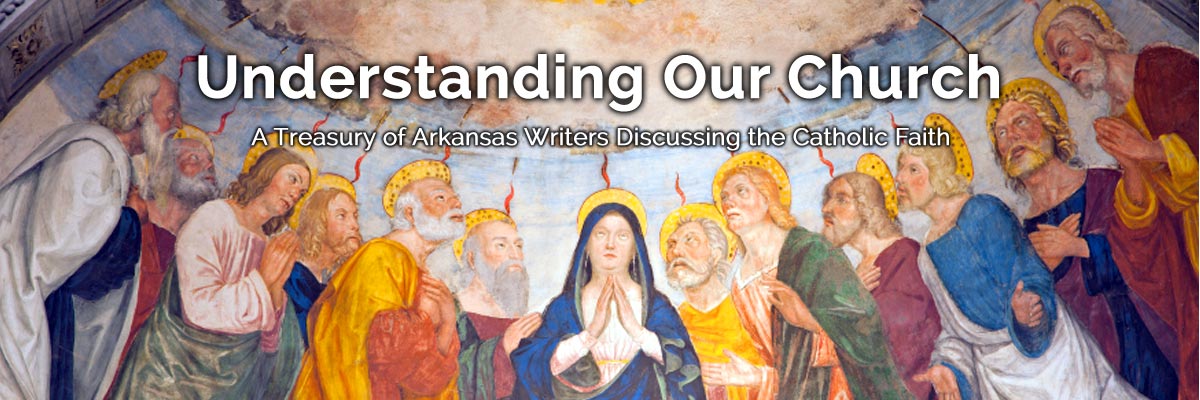Official Website of the
Catholic Diocese of Little Rock
Catholics support dignity, rights, indispensable role of workers
Published: September 7, 2017
By Deacon Matthew Glover
Chancellor for Canonical Affairs
We just celebrated Labor Day here in the United States, a holiday that most people associate with the end of summertime, the beginning of college football season and a much-needed three day weekend before the long grind towards Thanksgiving and Christmas.
But Labor Day has a larger purpose than just cookouts and a shorter work week. It’s meant to remind us of the importance of labor, of the inherent dignity of work and of all workers.
The Catholic Church has stood up for the dignity of work and the rights of laborers for the past two millennia. And the Church’s teachings find their root not in political ideology, but in the so-called “hidden life” of Jesus Christ, and his foster father, St. Joseph.
The Catholic Church has stood up for the dignity of work and the rights of laborers for the past two millennia. And the Church’s teachings find their root not in political ideology, but in the so-called “hidden life” of Jesus Christ, and his foster father, St. Joseph.
Jesus’ public ministry only lasted for three years. He spent the vast majority of his life here on earth working, carpentering and doing manual labor under the tutelage of St. Joseph. Jesus’ first act of sanctification (besides assuming our humanity in the incarnation) was to assume the normal hum-drum of our daily working lives.
In the modern era, the Church’s teachings on labor are most immediately traced back to an encyclical document called “Rerum novarum,” (“On the Rights and Duties of Capital and Labor”) issued by Pope Leo XIII in 1891.
Promulgated shortly after the end of the Industrial Revolution, “Rerum novarum” sought to give a Catholic perspective to the many changes in the labor market that had occurred during a relatively short period of time.
Leo XIII explains that the authority of the Church extends not just to spiritual matters, but also to temporal affairs when they affect the common good of humanity. Some Catholics today cringe when they hear Pope Francis rail against runaway capitalism, frustrated at the thought that he’s “weighing in on politics.”
But Francis’ message is really no different than that of Benedict or John Paul II or Leo XIII: capitalism itself is not the problem — the problem is when it’s entirely unrestricted and left unchecked by a moral compass.
While Leo XIII did implicitly criticize unfettered capitalism, he also defended the “inviolability of private property” and rejected socialism’s core tenet of a “community of goods.” Although socialism sounds good in theory, Leo XIII noted that its core tenet “only injures those whom it would seem meant to benefit, is directly contrary to the natural rights of mankind and would introduce confusion and disorder into the commonwealth.”
Unions also get a defense from Leo XIII, though not an unqualified endorsement. The Church does not teach that unions are always and everywhere a good thing. But, harkening back to the medieval guilds, Leo XIII proclaims that unions play a vital and indispensable role in advancing workers’ rights. As a general rule, Catholics ought to encourage and support workers’ rights and efforts to unionize where appropriate and necessary.
In the wake of our American celebration of Labor Day, we should also have a Catholic celebration of labor. Remembering not only the rights of workers, but also the inherent dignity that is to be found in working hard, in supporting oneself and one’s family, in contributing to society and in being productive. “What Would Jesus Do?” was a trendy question for a while. Based on Jesus’ life, the answer (though not necessarily trendy) would be: “Work hard, in relative obscurity, knowing that doing so brings me closer to others and to God.”




